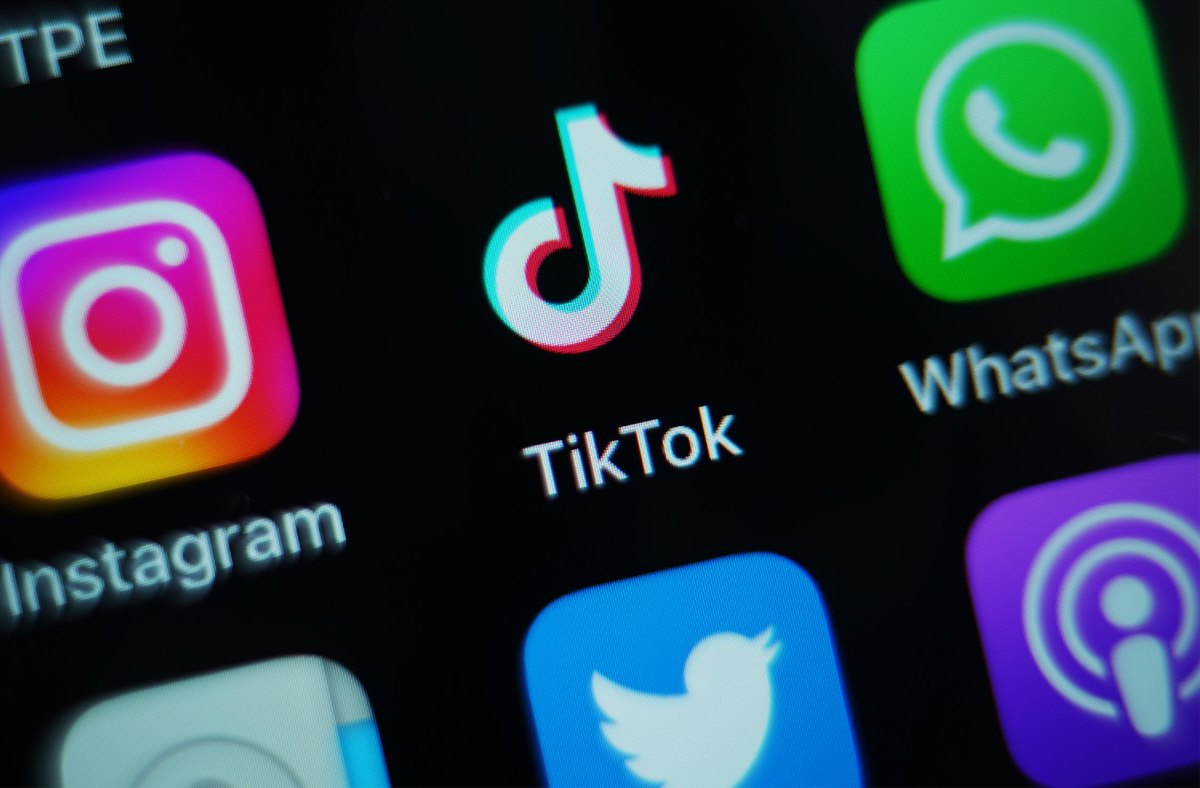
In a significant step toward global governance of emerging technologies, a United Nations advisory body is actively assessing opportunities for creating international regulatory frameworks for artificial intelligence (AI). This initiative underscores a growing recognition among global leaders and policymakers of the profound implications AI poses for societies worldwide.
The discussions aim to address a broad range of concerns—including ethical standards, transparency, accountability, and cross-border coordination—associated with the rapidly advancing field of AI. Experts within the UN’s advisory body have emphasized the importance of multilateral collaboration to manage AI’s complex and often unpredictable impacts. As AI technologies become more integrated into critical sectors such as healthcare, transportation, defense, and public administration, many governments and institutions are urging for cohesive oversight mechanisms that transcend national borders.
The advisory group is also considering input from a wide spectrum of stakeholders, including AI researchers, private sector innovators, civil society representatives, and human rights organizations. There is growing consensus that a unified approach is needed to ensure AI development aligns with international human rights principles and sustainable development goals.
The initiative coincides with ongoing efforts in several countries and regions, including the European Union and the United States, which have introduced or proposed domestic regulatory frameworks for AI. However, without coordinated international standards, experts warn that fragmented regulations could lead to ethical loopholes, competitive imbalances, and potential misuse across jurisdictions.
The UN’s evaluation process may eventually lead to recommendations or the formation of an international agreement or treaty, although formal steps are yet to be finalized. The body plans to continue consultations and study the regulatory best practices already in place across the globe.
As AI technology evolves at an unprecedented pace, the UN’s proactive stance signals a commitment to fostering innovation while safeguarding universal rights and public trust—a balance that policymakers around the world are striving to achieve.
Source: https:// – Courtesy of the original publisher.








